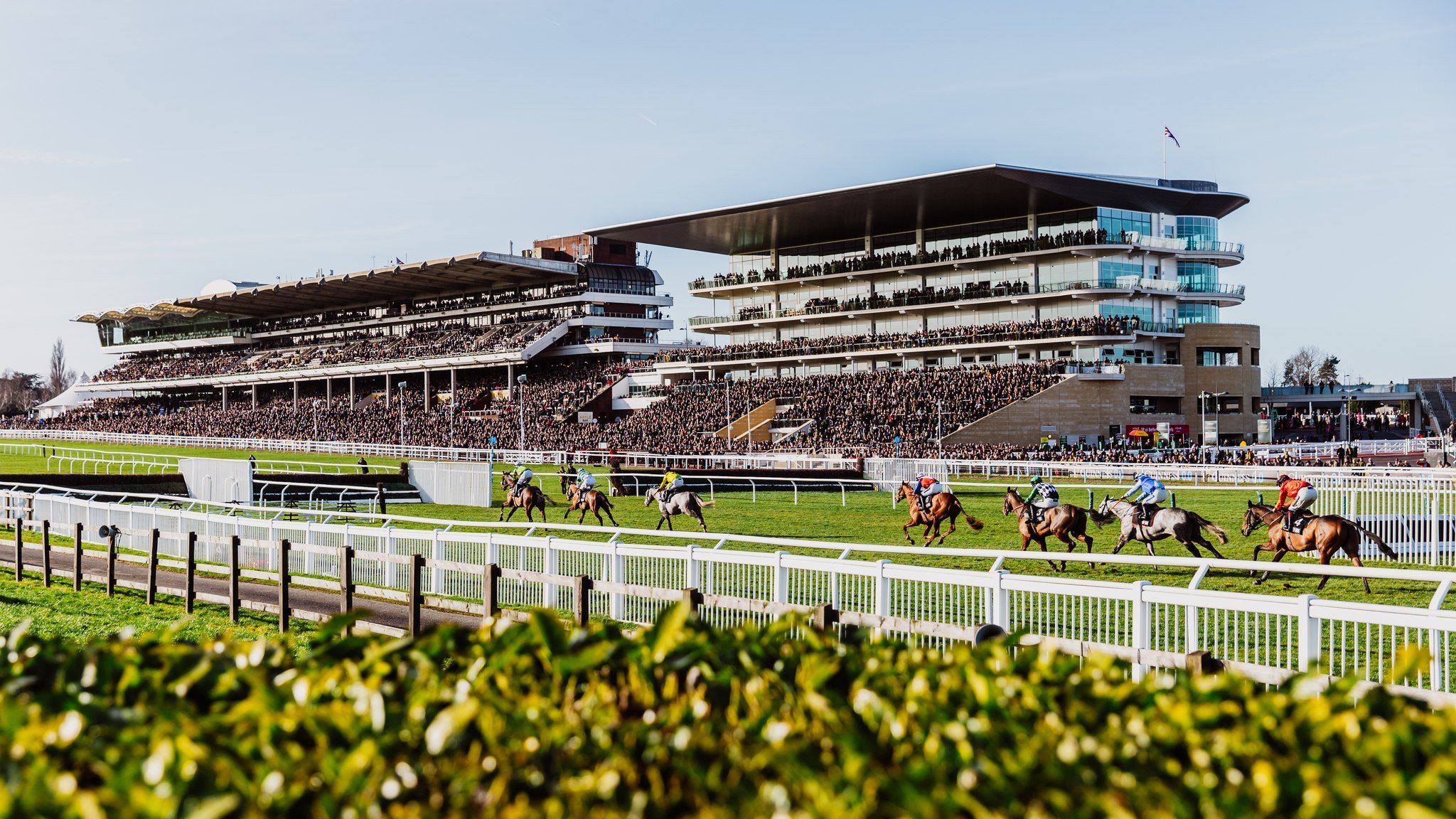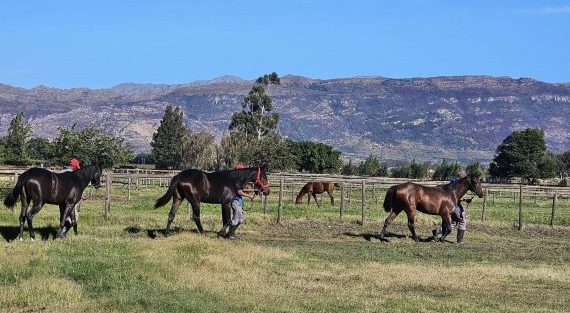The South African racing industry has been thrown into disarray following the change in protocol regarding the export of horses. The protocol now enforces South African horses to spend 21 days in isolation in South Africa, followed by 90 days in Mauritius and a further month in the EU, before six more days in quarantine in the UAE.
This delay would make it impractical to train a horse for the Dubai Carnival, which has proved such a lucrative target for SAF breds over the past few years.
This stringent protocol will ensure that fewer South Africans participate in the world’s top races next year, resulting in less marketing of the South African racehorse as a world-class product. It will also deny locally raced champions such as Igugu (Galileo) a chance to compete at the highest level internationally.
This export process would appear unnecessary to the naked eye, as South Africans have access to a highly successful, and efficient, test – known as the Real Time PCR Test. This test can determine in hours whether a horse has been exposed to the AHS (African Horse Sickness) virus. The PCR test, which has a turnaround time of two days, can both confirm the diagnosis quickly and minimize exposure to the disease.
The PCR test is the Equine Research Centre’s baby, and the Equine Research team, who are also responsible for the AHS vaccine, have done sterling work off a very limited budget (which is allegedly just over R2 million a year). The cost of validation is said to be R80 000 – which is a very small amount when considering how much could be lost if the export protocols are not adjusted in the near future.
Unfortunately, this test still requires international validation, and this is likely to happen only after the next OIE (World Organisation for Animal Health) meeting next May (after both the Dubai International Carnival and South Africa’s major yearling sales).
The racing industry needs to wake up to the very genuine threat that further delays in this bureaucratic process is likely to mean for our already beleaguered breeders and buyers alike.
The repercussions from the current status quo being maintained, is that fewer international buyers are likely to buy South African horses with such lengthy delays currently in place.
It is a frightening thought to ponder what the loss of millions of rands, from lack of international buyers, could do to the thoroughbred market in South Africa. The market has already suffered a severe down turn from last year, and the lack of international interest at this year’s National Yearling Sale was noticeable.
It is also a sobering thought that the number of exports dropped from 253 to 51 from 2007 to 2009 – and needless to say that number will drop this year.
Recently, a contingent of South Africans, went to Dubai to plead with the UAE authorities to relax the EU protocol. At the time of writing, a decision is yet to be made regarding any changes which could be made the current protocol.
It is a worth noting that, in over 100 years of exporting horses out of the country, South Africa has yet to export a horse that has died of AHS, but has been on the receiving end of importing horses with a host of infectious diseases. In the early, pre-flight days, horses would be shipped overseas, and any horse who showed signs of the AHS virus would be thrown overboard!
At this stage, it is important to lobby to get the PCR test validated sooner rather than later. Government lobbying is vital to get the ball rolling, and will increase awareness about the importance of both the vaccine and the damage that AHS has done to the South African horse population. Should the government intervene, it will place the problem on a greater stage, and further outsider concern.
Another important part of this ongoing saga, is the importance of education. The recent outbreak of AHS occurred in the poverty stricken area of Mamre, where there is little understanding of the disease, and little awareness of the importance of vaccine. An education programme in some of the country’s poorer areas could do much to prevent further outbreaks (and therefore more setbacks), not to mention the humane aspect of improving the general lot of thousands of people.
It is worth remembering that a basic education on some of the poorer communities, where horses are still so much part of day to day life, could have such a potent impact on hundreds of thousands of people (rich and poor alike).
The rich Dubai Carnival will have a very different look to it this year, without the participation of some of South Africa’s best and most exciting prospects.
Hopefully, it will be a once off affair, but, for all involved, it is to be hoped that things change for the better, sooner rather than later.








